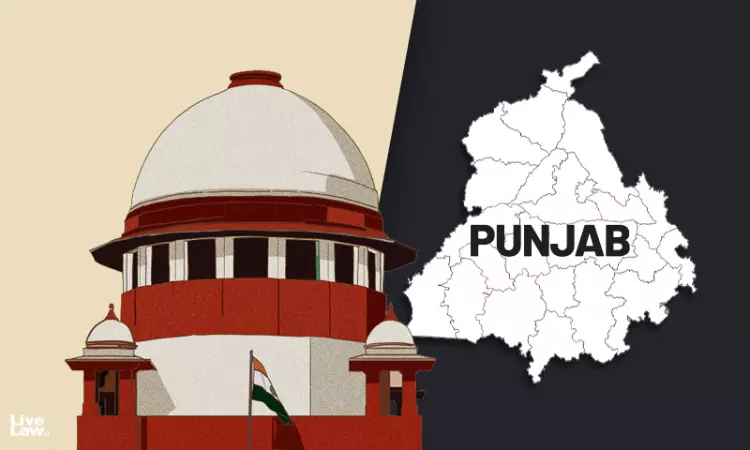In relation to the issue of stubble burning and its consequent effects on the air quality in Delhi, the Supreme Court on Tuesday asked the Punjab Government to have a relook into the Punjab Preservation of Subsoil Water Act, 2009.A bench comprising Justices Sanjay Kishan Kaul and Sudhanshu Dhulia observed that though the objective of the Act was to preserve subsoil whatever, the adherence to...

